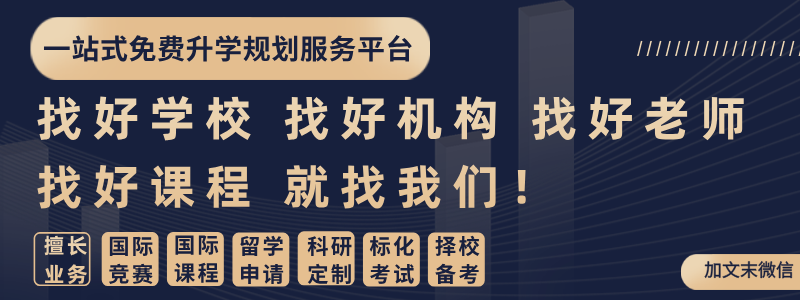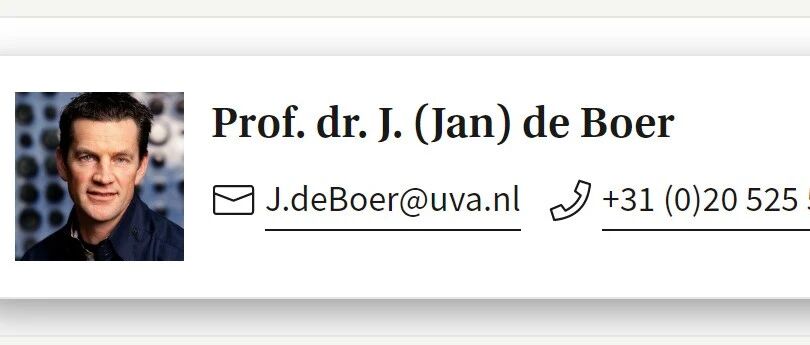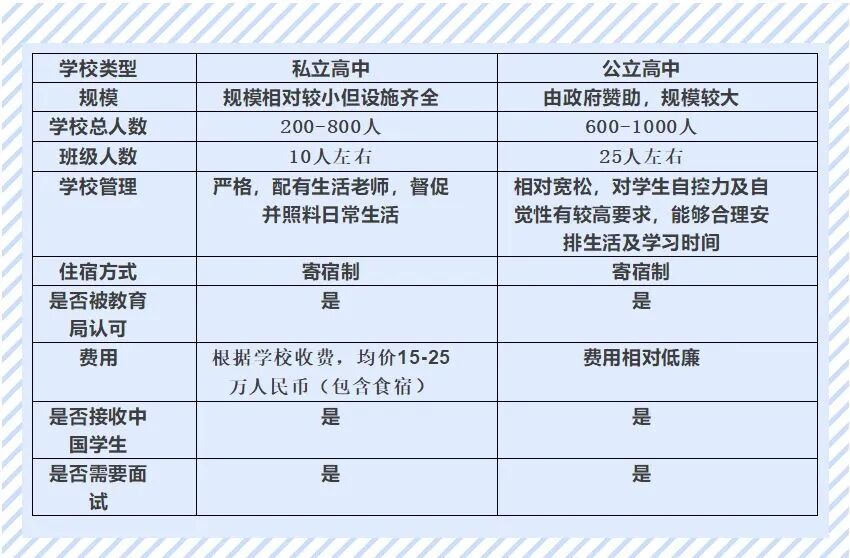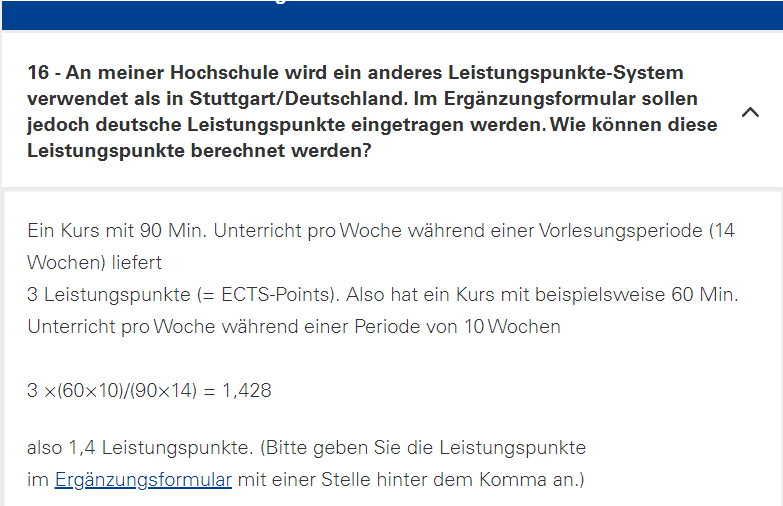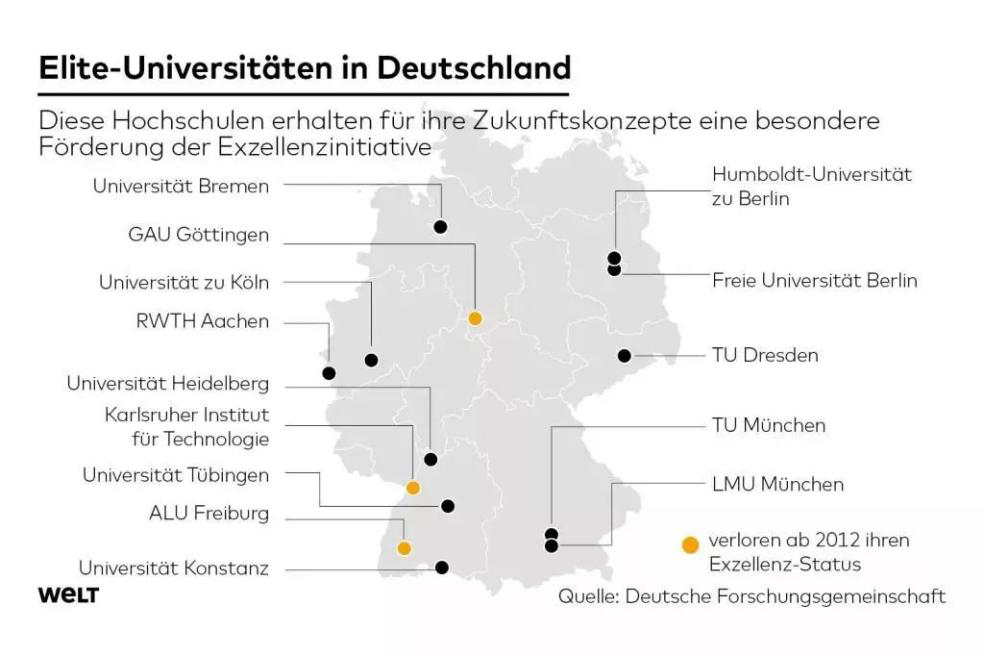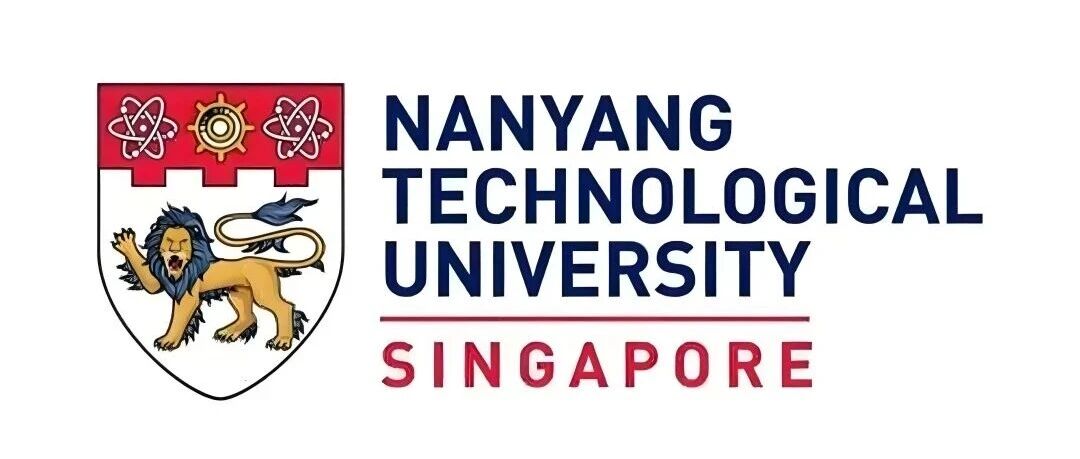本期为大家推荐苏黎世联邦理工、洛桑联邦理工学院最新2024岗位制博士项目信息。
苏黎世联邦理工学院
PhD position in Hybrid Cavity Quantum Electrodynamics with Ge semiconductor QDs and high impedance superconducting resonators
theQuantum Device Labat ETH Zurich & theHybrid Quantum Circuitlab at EPFL
Field:quantum information processing
APPLICATION DEADLINE: 滚动招生,招满即止
We are excited to announce a unique opportunity for a highly motivated PhD candidate to join our ongoing collaborative research effort in the field of experimental quantum information science, focusing on spin qubits and hybrid superconducting-semiconductor quantum devices. This position is offered in a shared initiative between the laboratories of Prof. Wallraff and Prof. Scarlino, respectively in ETH Zurich and EPFL. The research activity closely aligns with and is supported by the NCCR SPIN (a Swiss National Center of Competence in Research) in Switzerland, focusing on hole spin qubits.
This position is available immediately, with a flexible start date. We will start reviewing applications on June 15, 2024, and continue until the position is filled.
Project background
The successful candidate will join our experimental teams in advancing our capabilities in quantum information processing with quantum dots and hole spin qubits implemented inplanar Germanium. Our project is a collaborative effort between theQuantum Device Labat ETH Zurich and theHybrid Quantum Circuitlab at EPFL. This collaboration is part of theNCCR SPIN, which aims to drive cutting-edge research in the field of quantum technology focusing on hole-spin qubits.
As the successful candidate, you will become an essential member of our experimental teams, contributing to the advancement of quantum information processing using hybrid superconducting-semiconductor quantum devices, particularlyspin qubitsin electrostatically definedquantum dots. Your research will have an emphasis on developing novelreadouttechniques for spin quantum dot-based qubits,hybrid QD-cavity systems, andflip-chip technologyintegration.
The project's primary focus is on exploring fast and high-fidelity readout techniques for quantum dot spin qubits, making use of their coupling tohigh-impedance resonators. Quantum dots and hole spin qubits inplanar Germaniumoffer unique advantages for quantum information processing, including longer coherence times and all electrical-based manipulation. Our groups are also currently developing novel parametric amplifiers which will be an essential component to maximize the readout performance.
Our team has recently achieved significant advancements in coupling the charge and spin degrees of freedom defined in semiconducting quantum dots (QDs) with superconducting resonators and qubits. These developments have enhanced our capabilities of strongly coupling to and reading out spin qubits. Building on this progress, we now aim to leverage our quantum technology expertise and the optimization processes already established at the Quantum Device Lab for superconducting qubits to enhance the readout of spin qubits. To achieve this, we plan to utilize well-designed Purcell filters, strongly coupled readout resonators, and either Josephson-junction-based or kinetic-inductance-based parametric amplifiers. Our goal is to elevate the readout fidelity of spin qubits to above 99% while reducing the integration time to less than 100 ns.
The design, workflow, fabrication processes, and measurement techniques we employ are closely aligned with those used for traditional superconducting qubits. As part of this effort, we are collaborating extensively with the core teams within the NCCR SPIN to drive forward the development of spin qubit-based quantum technology.
Division and Department Information:
This collaborative research project is jointly conducted at ETH Zurich and EPFL, two world-renowned institutions in quantum research which provide a rich scientific environment and unparalleled resources in the field of quantum information science.
Job description
During this project, you will be at the forefront of experimental research, both independently and as a member of our research team. Your responsibilities may encompass:
-
Conceptualizing and designing innovative quantum devices and systems
-
Conducting advanced microwave measurements with a focus on quantum-limited noise performance
-
Developing customized solutions for the control and readout of spin qubits
-
Exploring scalability aspects of hybrid quantum systems
-
Engaging in material studies and advancing nanofabrication processes to enhance qubit performance
-
Fabricating superconducting and semiconducting devices, with the potential to collaborate with other teams within the research groups
-
Becoming a member of our fabrication team to contribute to the development of flip-chip technology integration
Your research will benefit from the comprehensive infrastructure, expertise, and collaborative network available within our research groups and across the NCCR SPIN. Regular interactions with theory collaborators, both within Switzerland and internationally, will be integral to your research activities.
As a Ph.D. student, you will also play a role in providing informal supervision to graduate/master students.
Your profile
We are seeking candidates who hold (or are nearing the completion) a master’s degree in physics, Engineering Physics, or Applied Physics. You should have a strong interest and expertise in at least two of the following areas: experimental quantum processors, quantum information science, quantum optics, superconducting devices, microwave engineering, nanofabrication, and flip-chip technology integration.
A future career in research and development or education, whether in academia or industry, should align with your career aspirations. You should possess a genuine curiosity for scientific exploration and a drive to create impact in quantum research. Proficiency in English, both in reading and writing scientific materials, is a prerequisite. Exceptional candidates with a demonstrated track record in any field of physics, engineering physics, or nanotechnology will be considered. Previous experience in nanofabrication, particularly of superconducting circuits or mesoscopic electronic devices, will be regarded as an asset. Familiarity with experimental condensed-matter physics, quantum optics, and quantum technology is appreciated.
Curious? So are we.
We look forward to receiving your application and welcoming a talented PhD candidate to our collaborative research project as part of the NCCR SPIN.
To apply, please submit your application electronically, marked with Ref [INSERT REF NUMBER], in English.
Your application should include the following documents, each in PDF format:
-
a detailed curriculum vitae
-
a list of publications
-
a statement of research interests, containing a short description of your background, motivationand skills
-
pdf copies of theses and transcripts/certificates from undergraduate studies (both Bachelor and Master’s) as available
-
names of three contacts for references (Please arrange for one or more of the reference letters to be sent directly by email to wallraff.office@phys.ethz.ch)
-
Contact information for two references whom we may contact.
Rolling application until position is filled.
For inquiries or additional information, please contact Prof. Pasquale Scarlino (pasquale.scarlino@epfl.ch).
洛桑联邦理工学院 ENAC – PhD Position in Physics-Informed Machine Learning For Mechanics of Material Failure (ML) EPFL | Data-Driven Mechanics Laboratory
APPLICATION DEADLINE: 15 July, 2024
About the Project
TheData-Driven Mechanics Laboratoryis seeking a highly motivated doctoral student to study physics- and thermodynamics-informed machine learning (ML) for the mechanics of material failure. The project focuses on learning the effective behavior of materials of civil engineering interest (granular geomaterials, structural materials) arising from complex microstructural mechanisms involving inelasticity and friction, as well as potential multiphysics couplings. It promises to push the boundaries of constitutive and multiscale modeling for these materials.
Main roles and responsibilities: Research in this project involves a synergistic combination of numerical modeling, and physics- informed ML with the following key aspects:
- Data mining through micromechanical/mesoscale simulations (Discrete/Finite Elements).
- Collaboration with experimentalists towards validation of the simulations.
- Development and implementation of the machine learning framework.
- Dissemination in journals and international conferences.
Requirements:
- Passion about working at the intersection of mechanics and machine learning.
- Bachelor/Master’s degree in Civil Engineering, Mechanical Engineering, Applied Mathematics, Computational Science or related areas.
- Background in computational mechanics, experience in scientific machine learning.
- Proficiency in Python, and familiarity with low level languages (e.g. C++).
- Excellent English communication skills (oral and written).
We offer:
- World-class multi-cultural environment on the shores of beautiful Lake Leman.
- Innovative interdisciplinary research at the Data-Driven Mechanics Lab.
- Competitive salary and employment conditions.
Application procedure: Please emailasingle PDFconsisting of:
- Curriculum vitae (max. 2 pages) that includes contact details of at least 2 referees,
- Motivation letter (max. 1 page),
- Detailed transcript of records (both Bachelor’s and Master’s)
tokonstantinos.karapiperis@epfl.ch, indicating in the subject “PhD Application PI-ML – Your Name” until July 15th2024. Applications will be evaluated in the order that they are received. For inquiries please contact Prof. Kostas Karapiperis at the same email.
ExpectedStartDate:Fall/Winter 2024
Duration:4 years (1-year fixed-term contract renewable annually according to EPFL rules)
以上就是本期分享的所有内容了。


